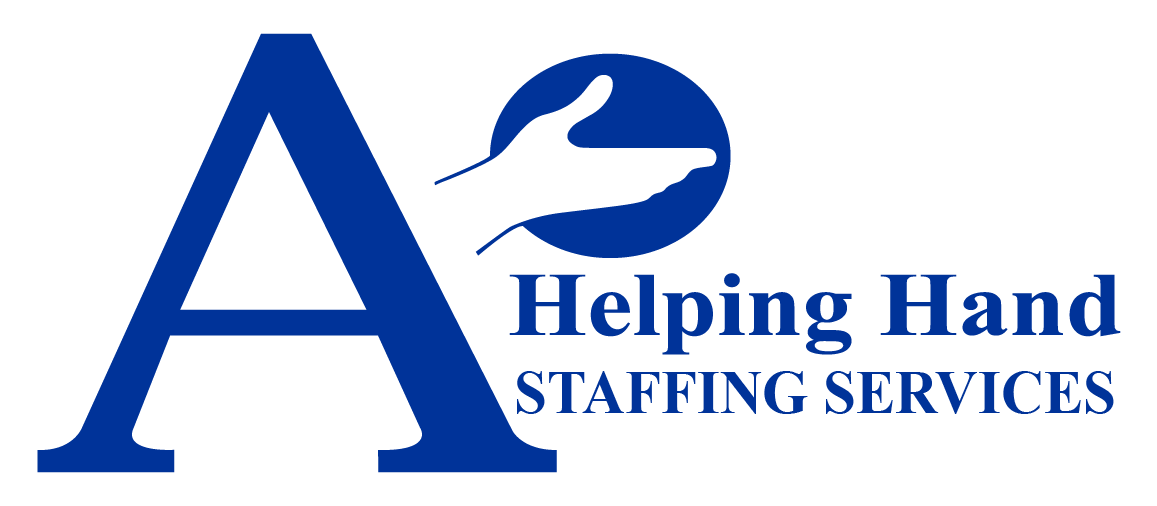How do recruitment firms work?
Why should I utilize a recruitment agency?
How do I find graduate recruitment agencies?
How do I register with an agency?
How can I stand out to a recruiter?
Should I sign up with more than one job agency?
What happens after I'm put in a role?
Can I work for a recruitment agency?
Recruitment agencies
On this page

How do recruitment companies work?
Why should I use a recruitment firm?
How do I discover graduate recruitment companies?
How do I sign up with a firm?
How can I stand out to an employer?
Should I join more than one task firm?
What takes place after I'm positioned in a function?
Can I work for a recruitment firm?
Searching for your very first job after graduation or exploring a career modification? Recruitment companies offer access to unique jobs, personalised career assistance, and specialist recommendations to assist you land the best function
What is a recruitment company?
Acting as a bridge between employers and jobseekers, companies hire recruitment companies a to find appropriate prospects for tasks. Jobseekers can sign up with them to be thought about for those functions.
How do recruitment firms work?
Recruitment companies function as a bridge between jobseekers and employers, however it is necessary to understand that they're generally hired and paid by business - not by prospects. This indicates their services are usually complimentary for you as a jobseeker.
When a company requires to fill a function, they give the agency a comprehensive description of the task and the kind of person they're looking for. The firm then browses its swimming pool of candidates - including those already signed up - and may likewise publish the job online to attract new applicants.
If your profile matches what they're looking for, the company may reach out to you directly. If you're shortlisted, the agency will pass your details to the employer and coordinate the interview procedure on your behalf.
They usually run in one of three methods:
- irreversible positioning - assisting prospects land long-term positions
- temporary/contract work - suitable for short-term roles, freelance gigs, or acquiring experience
- temp-to-perm - beginning with a short-term role that may result in a long-term position.
Related case studies
Enrique Rodriguez
Actuarial assistant
Joelly Harrison
Advertising operations executive
Why should I use a recruitment agency?
Recruiters can open doors to opportunities you might not find by yourself. Not all task vacancies are promoted openly - numerous business work exclusively with companies to fill their roles. That indicates the only method to access some of these concealed jobs is through an employer.
They can also conserve you time. Instead of applying to numerous jobs individually, an employer can match you with roles that suit your skills, experience, and profession goals, enhancing your search.
Recruiters understand what companies are trying to find and can assist you tweak your CV, prepare for interviews, and deal industry-specific insights to give you a competitive edge. Plus, they can manage difficult conversations like working out wage or start dates on your behalf.
That said, it's wise not to rely solely on firms. You can also find graduate tasks by:
- sending speculative applications to business you admire
- utilizing social media platforms like LinkedIn to develop professional connections
- participating in networking events and connecting directly to employers.
Take a couple of minutes to address the Job Match test and find out what careers would match you
How do I discover graduate recruitment firms?
Not all firms are the same - many specialise in specific markets. The secret is to find one that aligns with your profession objectives and interests. Start by:
- requesting for suggestions
- reading reviews
- providing a call to get a feel for how they deal with prospects.
Large, well-established companies such as Adecco, Hays and Michael Page, operate nationally and across multiple sectors, making them a strong beginning point for graduates checking out numerous paths.
You'll likewise discover companies that concentrate on specific geographic areas or particular sectors. These frequently have deeper market understanding and closer relationships with appropriate employers.
If you're searching for jobs closer to home, try browsing online for recruitment companies in your area.
Before registering, do your research:
- inquire about their process, follow ups and if they provide interview coaching or CV feedback
- check the number of current jobs they have in your field
- learn which employers they normally work with
- make sure they're a member of the Recruitment & Employment Confederation (REC) as an indication of trustworthiness.
Remember, recruitment companies are paid by companies to find prospects. You must never be credited register or use their services.
To help you get begun, here are some helpful resources for discovering graduate recruitment companies:
Agency Central
CV-Library.
Fish4Jobs.
FreeIndex.
Onrec.
Reed.co.uk.
Advertisement
How do I register with a firm?
Start by calling the agency through phone or e-mail. Send your CV and a short cover letter detailing the type of task you're searching for and your key abilities. Follow up with a call to confirm invoice.
You'll likely be asked to arrange an interview, either in-person or practically, to discuss your certifications and profession objectives. Some agencies might allow walk-in registrations, however you should aim to dress and act professionally in all your interactions with employers.
You may need to take fundamental interview tests such as:
ability tests.
psychometric tests.
SHL tests.
If the company feels they can help, they'll add you to their candidate database and reach out when appropriate roles are offered.
How can I stick out to a recruiter?
To stand out to a recruitment firm, it's important to present yourself in the very best light.
First, make sure that your CV is current, well-organised, and simple to check out. A clear, concise CV that highlights your abilities, certifications, and achievements will get an employer's attention.
Take an appearance at our CV examples for motivation.
Next, clearly specify your skills, experience, and the type of function you're looking for. Recruiters need to understand what you bring to the table and what you're aiming for in your profession. This helps them match you with the right chances.
Be open and truthful about your objectives and accessibility. If you're versatile with your working hours or going to move, discuss it. The more transparent you are, the easier it will be for recruiters to find a task that suits you.
Finally, stay responsive and proactive. Treat the employer like a potential employer by keeping interaction professional and prompt. Being engaged and revealing effort will assist you develop a strong relationship with the employer and show your enthusiasm for finding a task.
Should I sign up with more than one job company?
Yes, you can register with multiple recruitment agencies and in most cases, it's a smart move. Signing up with more than one firm can increase your opportunities of discovering ideal functions and provide you access to a larger series of opportunities.
However, it's crucial to be tactical. Don't sign up with every agency you stumble upon simply for the sake of it. If several companies submit your CV for the very same role without coordination, it can develop confusion for the company and make your application appear disorganised or unprofessional.
To avoid this, make certain each firm informs you before they put you forward for a position. Being selective and working closely with a few relied on agencies will keep your job search focused and workable and assist you avoid a flood of unimportant calls or emails.
What happens after I'm placed in a function?
Once you're successfully put in a permanent position, the recruitment agency's role usually ends. You'll end up being a staff member of the working with company, and all future communication, contracts, and obligations will be managed directly by your brand-new employer.
However, if you're put in a temporary or contract role, things work a little differently. In these cases, you might remain on the company's payroll, suggesting the company is accountable for:
- managing your timesheets.
- handling advantages like holiday privilege.
- processing your pay.
You'll generally send your hours to the company weekly, and they'll take care of the rest.
No matter the kind of positioning, it's a great idea to remain in touch with your employer even after you have actually started the role. Building a long-lasting relationship can be important as they can:
- assist with future task searches.
- let you learn about new opportunities.
- support your career development.
Can I work for a recruitment firm?

If you have strong interaction abilities, delight in working with individuals, and are motivated by targets and outcomes, a career in the recruitment sector might be an excellent fit for you. Many people who flourish in fast-paced, people-focused environments find recruitment consulting both fulfilling and challenging.
If you wonder about what it takes, consider checking out whether the role of a recruitment specialist suits your character and profession goals. A fantastic starting point is to explore the 7 necessary skills for a successful recruitment profession and find practical guidance on what it's truly like to operate in the recruitment industry.






